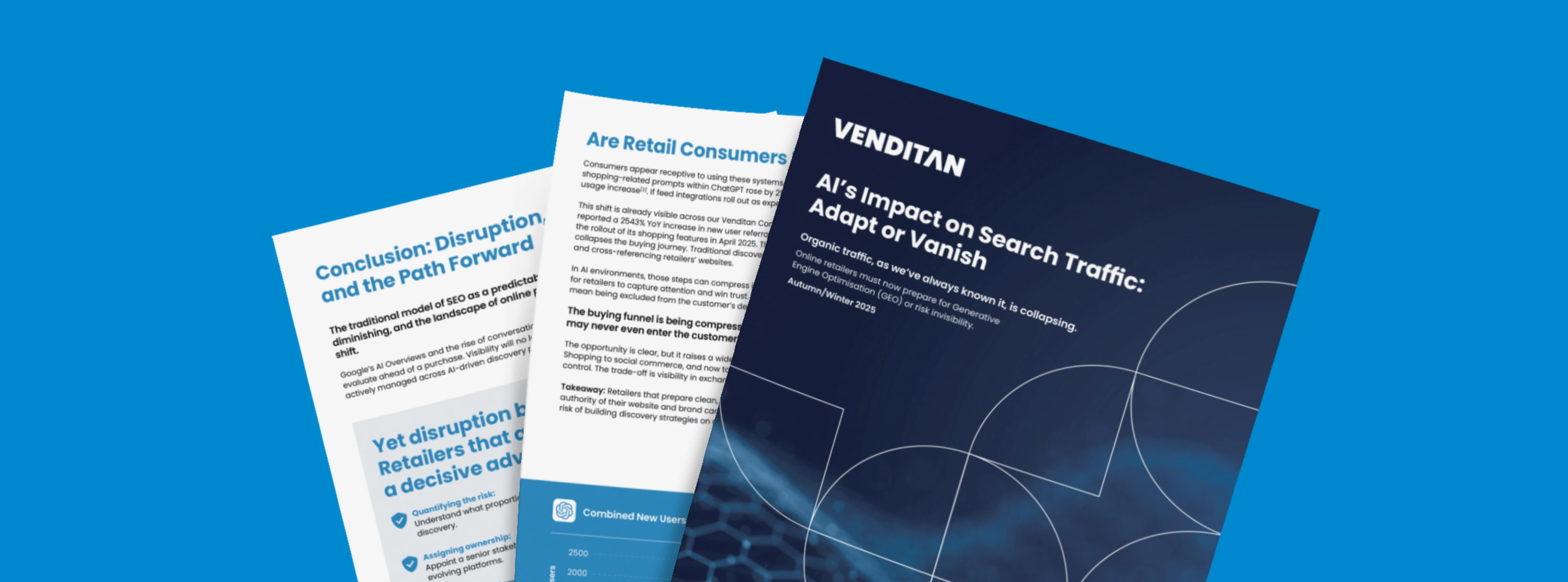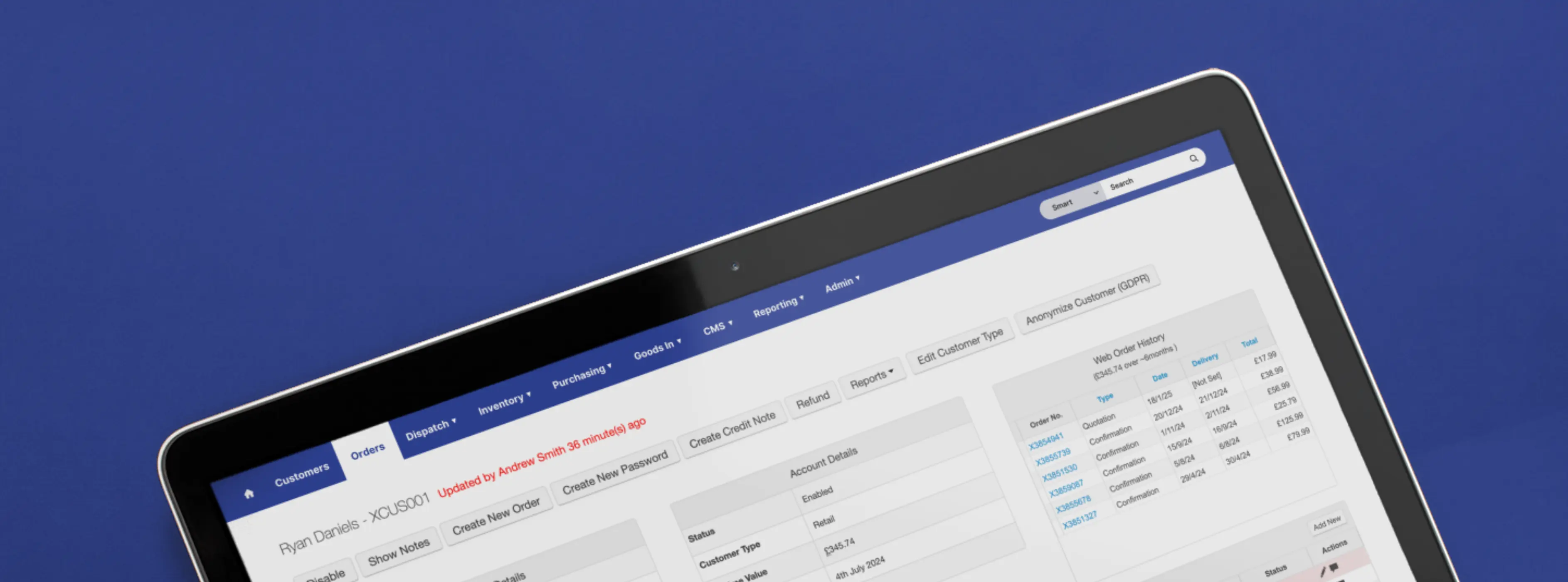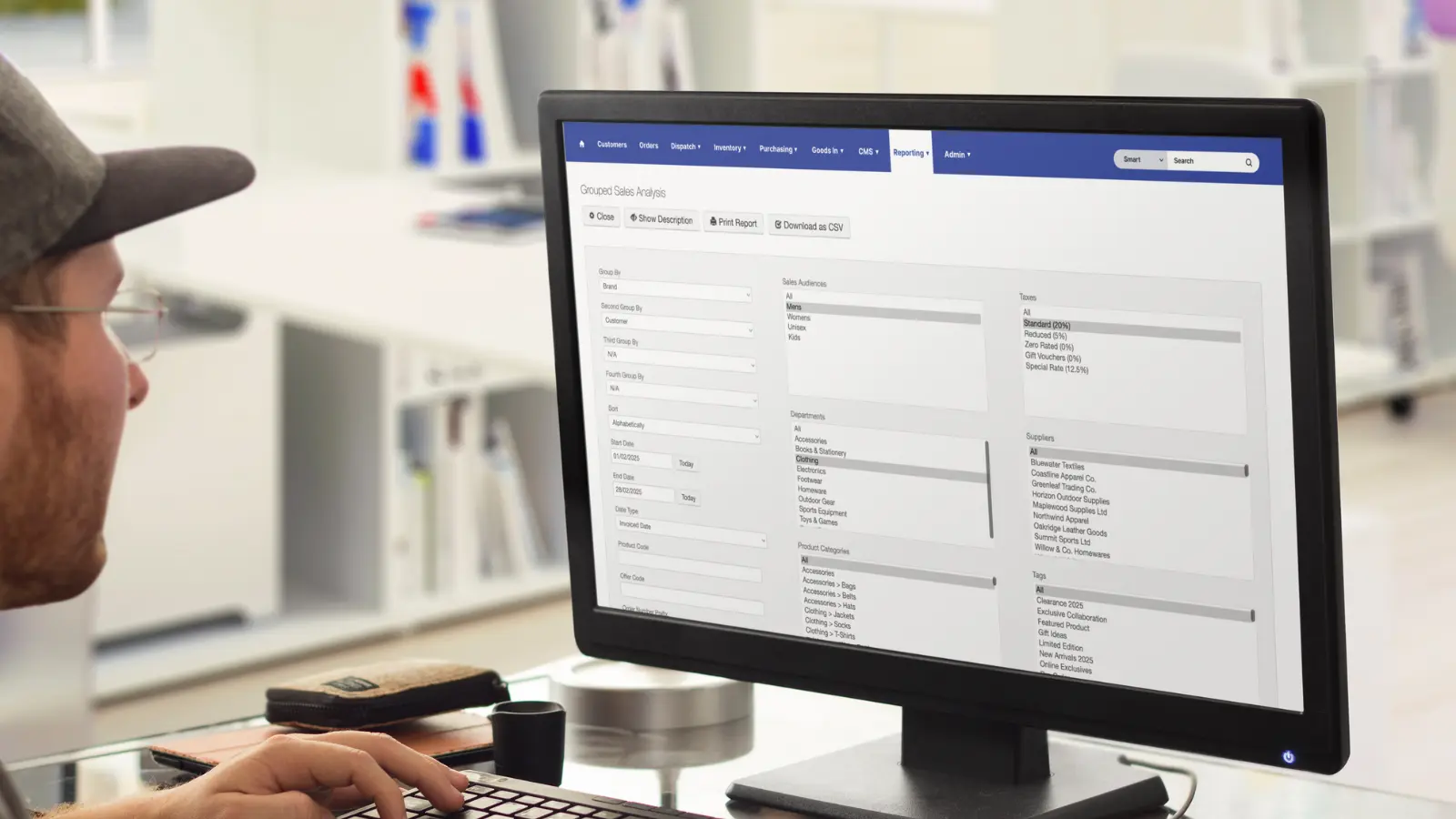In 2018 total ecommerce sales across the US were worth over 500 billion dollars. And the growth does not stop there. By the year 2022 the US ecommerce market is forecast to be worth a staggering 700 billion dollars¹.
For many UK based ecommerce businesses, cracking the nut of the US can feel like a huge undertaking. With the right focus, however, getting a share of the American pie can be a great first step on the road to international eCommerce success.
1. Planning is Key
The US market might feel familiar to UK businesses, but don’t be tripped up thinking that what works for your UK customers will work across the pond.
- Investigate the traction of your product through Google Trends and your own analytics. If you are already seeing some sales in the US, use your own data to drive conclusions around which products are appealing.
- Be aware of who operates in your space within the US and what they are doing well.
- Set a strategy. Examine trends from any existing customers within the US. If sessions to site are high, but your conversion is low, focussing on service and pricing could be key. Conversely, if your website converting well but few customers are coming across your brand, your focus should be on marketing. Even without existing customer data, setting a strategy around the key points of interest will help you measure progress and focus your efforts and spending in the right area.
2. Service first
The single most important factor to consider before expanding into the US is service.
- US customers expect delivery services to match what they could expect from US based companies.
- Don’t attempt to offer next day delivery as the costs far outweigh the benefits. The sheer size of the US means that next day delivery is not always an option even for US based sellers.
- Focus efforts instead on offering free delivery to your US customers. If this is impossible within your current profit margins, introduce a delivery threshold, or even think about increasing prices to offset the delivery costs.
- Be reliable. A large consideration for customers ordering from a non-US country is a lack of trust. Build trust in your business by monitoring delivery times, making sure promises are kept, keeping track of ratings, and ensuring customer service is great.
3. Payments
- Traditional credit and debit card payments continue to dominate in the US, although PayPal also accounts for a significant minority. Ensure your business caters for the main payment cards, including specifically American Express.
- Over the past 5 years, digital wallets have also gained significant traction across the US, a trend that shows no sign of slowing down with the rise of the mobile consumer. Integrating with Apple Wallets, Android Wallets and Samsung Wallets will put any business ahead of the curve.
4. Marketing
To break into the US market, understanding how each channel differs from the UK and leveraging their strengths will underpin success.
- Affiliate marketing, whilst costly, is a huge business in the USA. Use this channel to drive brand awareness and new customer growth, and focus on a strong CRM strategy to keep these customers coming back. Remember most affiliates only charge on conversion, so any additional traffic to site or later conversions are free.
- Paid marketing through PPC can be expensive, especially when the average cost per clicks in the US market sit at around 13% higher than in the UK². However, while CPC is high, conversion rates through PPC in the USA are generally better. Be sure to push products which are high value, have generous profit margins and are appealing to US customers to keep this channel profitable.
- Finally, building a strong CRM strategy is the quickest, and cheapest, way to grow traffic to your site. Segment the emails you send, so that your US customers are targeted with the most appealing products and offers. Keep a seasonal promotional tracker so you can hit key shopping days in the US with strong exclusive promotions.
Do not lose site of your initial KPIs. If traffic is already good, but bounce rate and conversion are performing badly focus your time on these areas before a huge marketing drive.
5. American context through content
Providing the same payment methods and delivery options as US-based competitors will go a long way in gaining traction with US customers. To take this further develop the functionality to provide US currency and even bespoke content.
- First, develop a currency dropdown selector where users can choose to switch to dollars.
- Second, expand on this and automatically choose the currency based on IP Address – you should either tell your customers that this has happened or offer an easy way to switch back.
- Third, create an international pricing structure whereby base pricing can be adjusted by territory to remain competitive or to ensure products remain profitable.
- Once you have a significant US customer base, recreating the website with Americanized English, and with promotional content aimed at attracting a US audience, could lead to increased conversion rates.
- The quickest and most impactful method to do this, is to develop the functionality to manage home page content separately for differing locals. You can then set this based on either IP address or chosen currency/shipping location.
- Should you want to take this to the next level and rewrite content on the entire site in Americanised English, you should consider creating a separate website for your US business which is managed alongside but separately to your flagship website. This step should only be undertaken after strong initial growth is evident.
6. Review, review, review
You’ve set your goals, you’ve improved your service, you’ve invested in marketing and your site is optimised to a US audience. Don’t just stop there.
Review your progress against the original KPIs you set at the planning phase. As you gain more traction you will have more information to inform future decisions. Whether you are successful or not, review strategy at least once a quarter and set new KPIs for the coming months.
If you are not seeing the success you expect, adjust your goals, and try a different approach. Don’t fall into the trap of dedicating a set time to develop functionality, and then considering the project complete.
¹ https://www.statista.com/outlook/243/109/ecommerce/united-states
² https://www.wordstream.com/blog/ws/2015/07/06/average-cost-per-click
Final thoughts
Everybody wants to rule the world. Get in touch with Venditan and we'll make sure you're hitting all the right notes.
Our recent posts
Keep up to date with the latest news and insight from the team at Venditan
-p-2600.webp)








.avif)

.webp)

